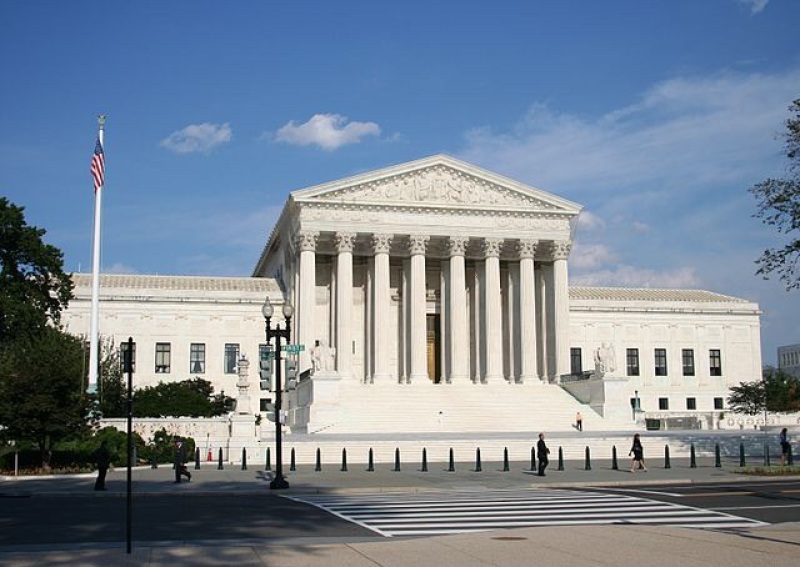
The U.S. Supreme Court declined to hear a case brought by a family-owned pharmacy in Washington that cited religious beliefs as the basis for refusing to provide emergency contraceptives.
The case was brought by a Christian family -- the Stormans -- who owns Ralphs Thriftway, a grocery store and a pharmacy.
In 2007, Washington state enforced a regulation that requires pharmacies to have in stock all drugs and that pharmacies cannot "refuse to deliver a drug or device to a patient because its owner objects to delivery on religious, moral or other personal grounds," the regulation reads.
The Stormans family challenged the regulation in objection to having to provide Plan B or other emergency contraception, saying that doing so violates their belief that life begins at conception.
A federal district judge struck down the regulation, saying that that the it was unconstitutional. However, in July 2015, the 9th U.S Circuit Court of Appeals reversed the ruling, upholding the requirement that all pharmacies deliver all prescribed drugs.
The Supreme Court's inaction leaves the current law in place, allowing the state to enforce its own law.
"If this is a sign of how our religious liberty claims will be treated in the years again, those who value religious liberty have cause for great concern," Alito said in his 15-page dissent. "The dilemma this creates for the Stormans family and others like them is plain: Violate your sincerely held religious beliefs or get out of the pharmacy business." He was joined by Chief Justice John Roberts and Justice Clarence Thomas in his dissent.
Alito also mentions that the drugs the Stormans objected to having in stock was stocked by "more than 30 other pharmacies within five miles" of the pharmacy owned the by the Christian family.



















